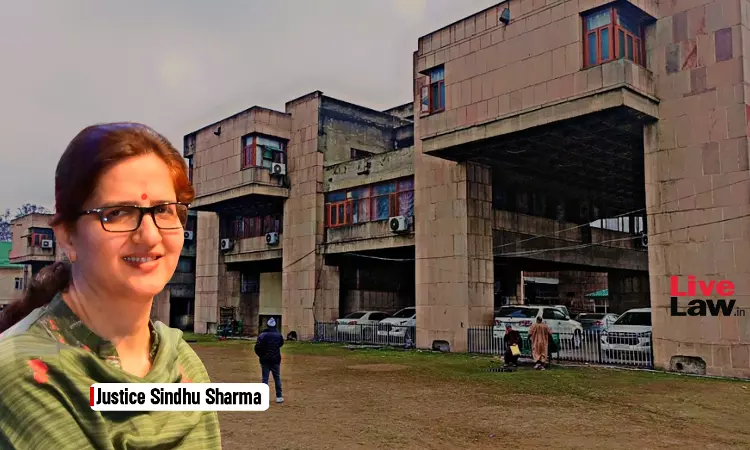The Jammu & Kashmir and Ladakh High Court reaffirmed that the law does not allow any discrimination between foreign nationals and Indian nationals regarding the granting of bail, emphasizing that bail must be considered based on the facts and circumstances of each case, and conditions may be imposed to ensure the accused is available for trial, but bail cannot be denied simply because...

